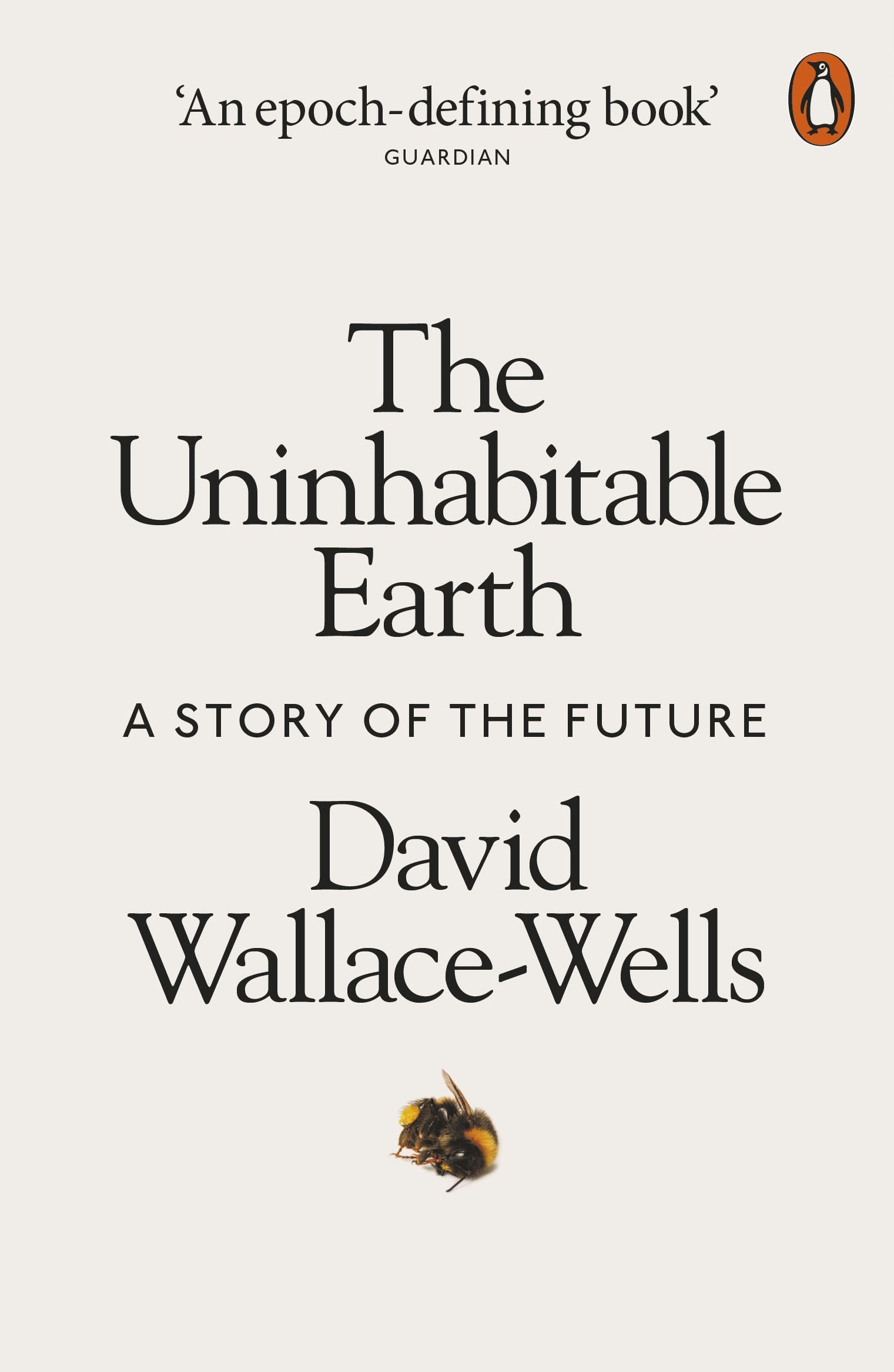By: Thurkkha Thayalalingam
This list presents to you a few great sustainability books that can help you learn about the history of sustainability and provide an outlook on our future with some practical solutions. Both new and old, some of these books explore revolutionary ways of thinking about our impact and role on this planet.
Cradle to Cradle: Remaking the way we make things
By: William McDonough & Michael Braungart

Cradle to Cradle is a seminal book written by an architect and a chemist who together explore the societal and environmental benefits of a circular economy. Rather than the traditional “cradle to grave” concept of looking at a material’s life cycle, the authors look at how we can turn it into a “cradle to cradle” mindset by eliminating the final disposal stage. The book discusses the idea that everything can be a resource for something else.
The Responsibility Revolution: How the Next Generation of Businesses Will Win
By: Jeff Hollender & Bill Breen

Targeted towards businesses, The Responsibility Revolution acts as a guide for companies to build a more sustainable future while holding themselves accountable for their activities. The authors strive to completely redefine the fundamental purpose of businesses by encouraging them to be rooted in positive change.
The Uninhabitable Earth: Life After Warming
By: David Wallace-Wells

The Uninhabitable Earth provides an alarming perspective on the future of the planet. The book aims to clarify the true scope of climate change and its impacts, rather than focusing on solutions to the issue. David Wallace-Wells looks at how global warming will impact geopolitics, technology, and the overall trajectory of humankind’s future. Fair warning, this book is not as uplifting or hopeful as some other books on this list.
Climate Justice: Hope, Resilience and the Fight for a Sustainable Future
By: Mary Robinson

Mary Robinson brings the voices of those that are heavily affected by climate change to the forefront in this book. It highlights climate change-related experiences from people around the world. Visiting places around the world such as Malawi and Mongolia, Robinson realized that some of the most impactful drivers of climate action was at the grassroots level. Climate Justice is a hopeful manifesto for climate justice internationally.
Rebuilding Earth: Designing Ecoconscious Habitats for Humans
By: Teresa Coady

Rebuilding Earth is a revolutionary and uplifting book on designing and building sustainable infrastructure in the Digital Age. The book introduces the 12 Principles of Conscious Construction as a framework for sustainable development. Coady teaches us how to implement meaningful change by truly understanding how to maintain and protect the natural environment.
Silent Spring
By: Rachel Carson

Considered one of the most influential environmental books, Silent Spring is about the impacts of pesticide use on the environment and the downstream effects on humans. Taking over four years to write, and released over 60 years ago, Carson challenged the agricultural industry by meticulously explaining the process by which pesticides (DDT in particular) enters the food chain and eventually negatively affects human health.

